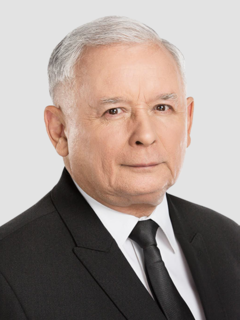A Quote by Henry Paulson
China needs a currency that reflects underlying economic fundamentals.
Quote Topics
Related Quotes
What there is no dispute about is whether or not China is a currency manipulator. They are a currency manipulator. They actively intervene every single day to keep the value of their currency less than it would be against the dollar than if it floated freely. We think. Even China barely disputes that.
Just as it wouldn't be right to only to have an economic dialogue with China, equally you shouldn't restrict your dialogue solely to issues around, say, human rights. You can raise all those issues, and that is what reflects a mature discussion. So I don't think essentially we have to choose between being partners in China's economic development and being proud defenders of British values.
If in the earlier part of the century, middle-class children suffered from overattentive mothers, from being "mother's only accomplishment," today's children may suffer from an underestimation of their needs. Our idea of what a child needs in each case reflects what parents need. The child's needs are thus a cultural football in an economic and marital game.
The defining moment in American economic history is when Bill Clinton lobbied to get China into the World Trade Organization. It was the worst political and economic mistake in American history in the last 100 years. China went into the World Trade Organization and agreed to play by certain rules. Instead, they are illegally subsidizing their exports, manipulating their currency, stealing all of our intellectual property, using sweatshops, using pollution havens. What happens is, our businesses and workers are playing that game with two hands tied behind their back.


































